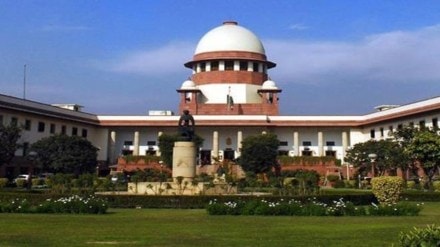The Supreme Court’s (SC) decision to recall its May 2 judgment that had ordered the liquidation of Bhushan Power and Steel (BPSL) is a significant positive outcome for the Insolvency and Bankruptcy Code (IBC) and the overall framework for stressed asset resolution in India. The top court’s decision to hear the case afresh on August 7 acknowledges the implications of the earlier judgment on thousands of BPSL workers; on a company that has been turned around to a profitable and healthy going concern; and on investor confidence in the insolvency process. It’s also a realisation on the part of the apex court that on economic and commercial issues, it should consider the unintended consequence of its decisions.
Delay undermined the IBC’s objective
The recall of the order was all the more necessary because of the inordinately long time taken by the apex court itself. In 2019, the National Company Law Tribunal (NCLT) had approved the acquisition of BPSL as part of the proceedings under the IBC. But the dramatic reversal came after five years, bringing uncertainty and chaos with it. Had this verdict been delivered within weeks of the case reaching the apex court, it might have served some purpose. It would have also sent out a strong signal to all resolution professionals (RPs) to be extremely careful in ensuring adherence to each and every aspect of the law. The delay negated that purpose.
Focus must shift from punishment to preservation
The recall of an order, however, does not mean that the SC should turn a blind eye to all the irregularities that have allegedly been found out. The earlier judgment highlighted multiple failures by the RP, including the delayed submission of the plan and various other legal lapses. The top court had also accused the Committee of Creditors (CoC) of green-lighting an “invalid” plan despite clear violations of the IBC timeline and regulatory norms. Most importantly, the court condemned JSW’s conduct as mala fide, observing that it misused the process of the law and failed to fulfill its commitments after securing CoC approval. The court also found that JSW did not abide by its commitment to make upfront payments as per the resolution plan. The broad takeaway from the earlier judgment was that the procedures were not followed at almost any step. In that background, no one can suggest that either courts or tribunals should allow successful resolution applicants to flout legal requirements or delay the process under the guise of ongoing litigation. Abuse of process certainly has no place in the insolvency framework.
The fresh hearing by the SC should thus focus on the fact whether liquidation is the only “remedy” in this case. It’s common knowledge that keeping a company operational typically preserves, and often enhances, asset value far more effectively than liquidation. It is nobody’s case that the acts of omission and commission in the BPSL resolution should not be accounted for, but its liquidation must be avoided. The court should now consider asking the NCLT to look for a new bidder (JSW Steel could also be one of them), while imposing significant financial penalties on those who tried to game the system. Unlike previous legislation, the IBC establishes a clear preference for the resumption of a viable business over its piecemeal liquidation. A primary objective of the Code is the “maximisation of value of assets” of the corporate debtor. Liquidation will shake confidence in the finality and sanctity of long-settled commercial decisions. BPSL and its workers deserve better.
